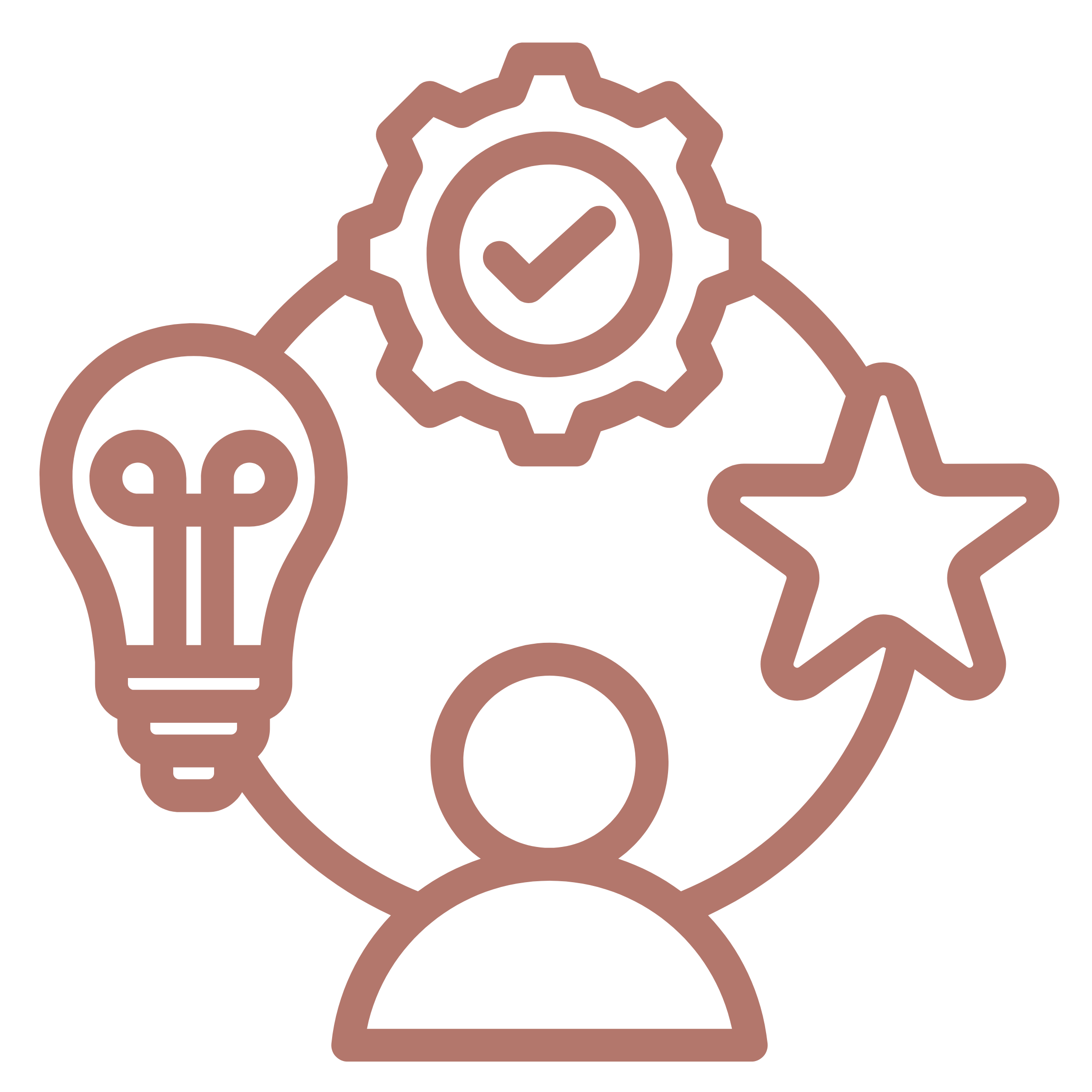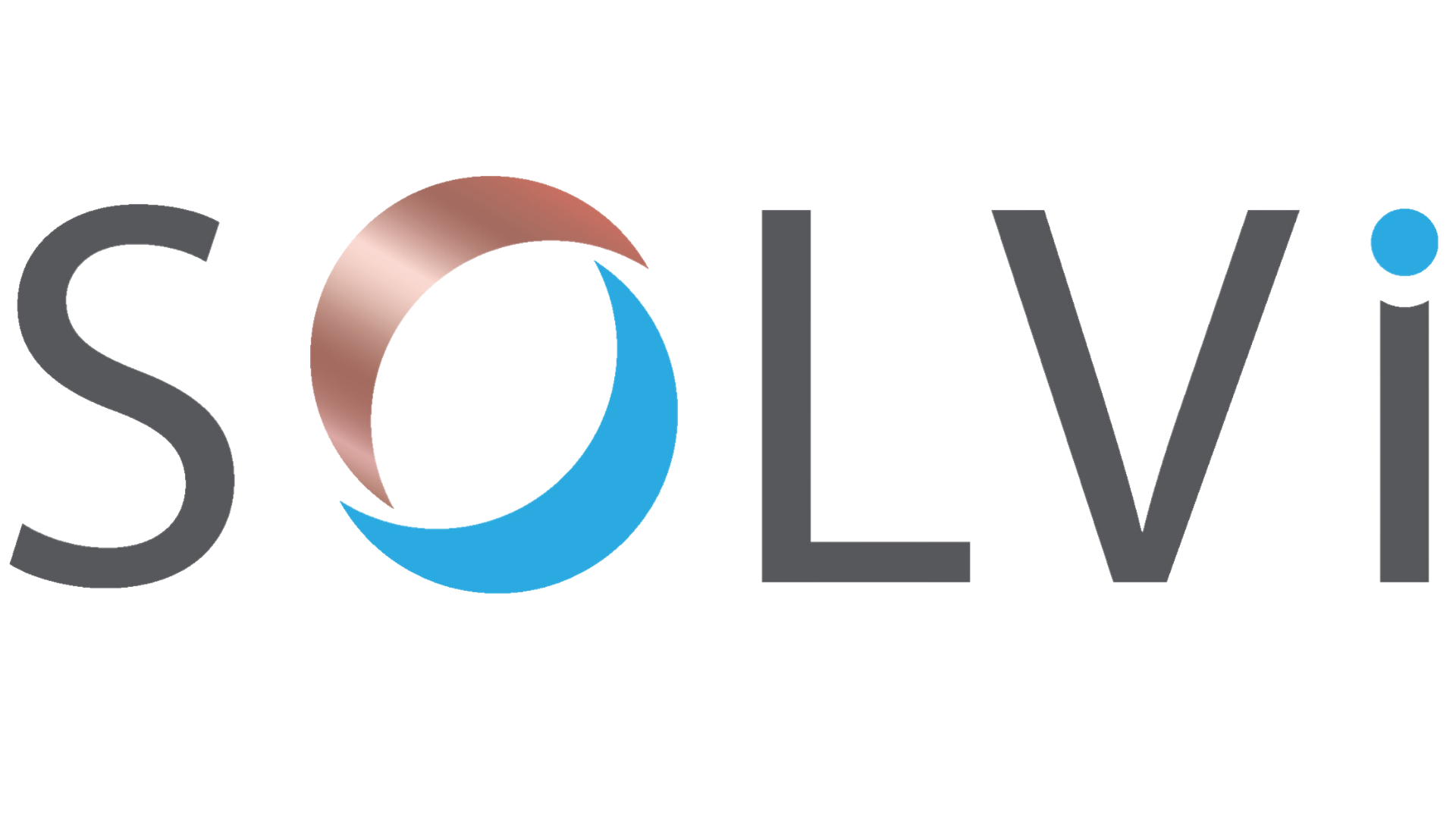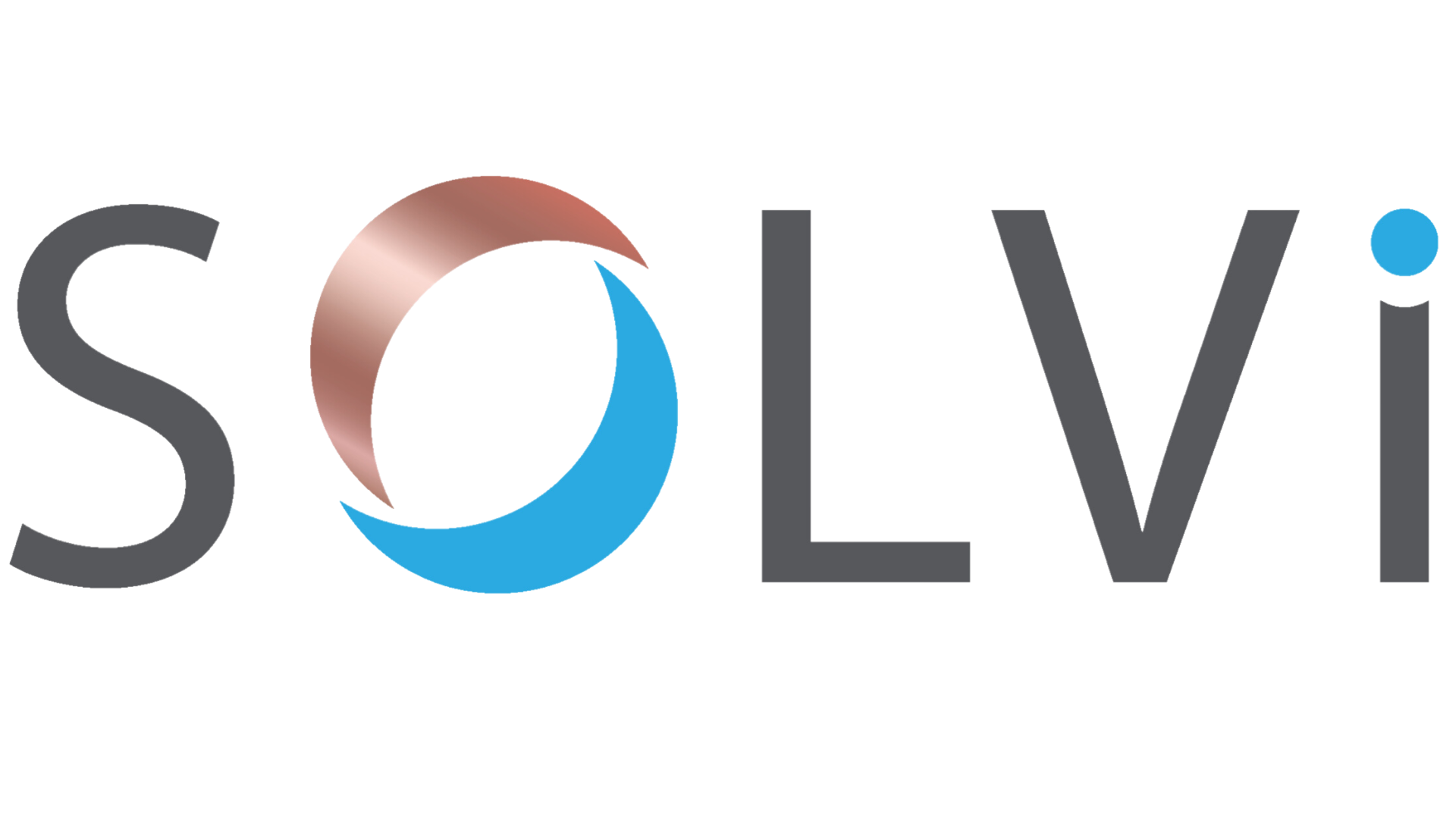Australia is a great place to live and work. Our passion is to help Registered Nurses living overseas to work and experience the great Aussie lifestyle. However, navigating the complexities of migrating to Australia can be daunting.
SOLVi Migration has been assisting nurses to gain registration and successfully migrate independently. Our dedicated team of legal experts specialises in guiding overseas registered nurses through the intricate visa and registration processes, ensuring a smooth transition to working in Australia.
We are committed to providing personalised support every step of the way, from initial eligibility assessments and visa applications to professional registration and employment advice. Trust us to help you achieve your dream of a rewarding nursing career in Australia.

VISA’S WE CAN HELP WITH

Employer Sponsored

Skilled Independent
MAKING AUSTRALIAN MIGRATION EASY

Mindset Matters: Why Migrating to Australia as a Nurse Isn’t as Simple as You Think
If you’re a registered nurse thinking about moving to Australia, you’re not alone. Thousands of healthcare professionals are looking for better pay, work-life balance, career development, and a permanent future. But there’s one thing that sets successful migrants apart.
It’s not just their qualifications.
It’s not just their experience.
It’s their mindset.
Most nurses begin this journey believing it will be easier than it is. They assume that if they’ve already migrated to the UK, New Zealand, or the Gulf, moving to Australia will follow the same path.
🛑 But that assumption is wrong—and it can cost you time, money, and even your visa eligibility.
🔍 Google Is Not Your Migration Strategy
We regularly hear from nurses who say things like:
“I’ve been doing my own research.”
“My friend just got her visa—she said it was easy.”
“I don’t think I need help until later.”
But here’s the reality: whether you’re applying for registration or a visa, you’re navigating changing and highly technical areas of Australian law.
🧑⚖️ You wouldn’t self-represent in a legal case without a lawyer.
💻 So why try to self-navigate visa law, sponsorship obligations, or registration pathways without proper guidance?
Even a single misunderstanding—like the wrong English test, declaring the wrong work experience, or lodging an EOI before you’re ready—can derail your entire plan.
🇦🇺 Australia’s System Is Not Like the UK, the Gulf, or Anywhere Else
Many of our clients moved to the UK first, and assume they can follow the same approach for Australia. But Australia’s system is completely different.
For example:
A job offer doesn’t guarantee a visa.
Employer sponsorship does not mean the employer handles everything.
Having registration (AHPRA) doesn’t mean you’re automatically eligible for a visa.
In fact, depending on your pathway, you might need:
A valid skills assessment (like ANMAC)
Proof of functional English for your partner or children over 18
A clean immigration and character history
Evidence that your children aren’t in someone else’s custody
To meet health requirements for everyone in your family
Whether you’re applying through the Skilled Independent (189), State Nominated (190/491), or Employer Sponsored (482/494/186) visas, there are complex eligibility rules that apply to you, the nurse—not just your employer.
🧘 Patience Over Panic: Why Migration Takes Time
It’s understandable to want quick results. But migration is not a rush job. It’s a process.
Whether you’re:
Registering with AHPRA
Applying through New Zealand first
Completing an ANMAC skills assessment
Waiting for nomination or invitation
Lodging a visa with dependants…
…it all takes time.
If you’re impatient or push forward without being fully eligible, it could result in:
❌ Visa refusal
❌ Loss of money
❌ Blocked opportunities
❌ Needing to restart your process
Instead, approach migration with strategic patience—and trust the process.
😓 Confidence Is Good. Overconfidence Is Dangerous.
Many nurses think:
“I’ve worked in multiple countries—I’ve got this.”
“I passed OET already—I’m covered.”
“I’m registered, so I can apply straight away.”
But confidence needs to be balanced with humility and legal awareness.
We’ve seen cases where:
Nurses took the wrong English test for their visa, not just AHPRA
Partners were overlooked and later caused refusal due to health
Nurses applied for the wrong occupation code or points calculation
Nurses assumed a job offer included PR—when it didn’t
Nurses misread AHPRA or visa rules and lodged invalid applications
Migration isn’t about guessing. It’s about knowing—and following the law.
✅ The Mindset of a Successful Migrant
If you want to migrate smoothly and successfully, here’s what we see in the nurses who do it best:
Open to Advice – They seek expert help and don’t rely on guesswork.
Legally Aware – They understand their role in visa compliance, not just the employer’s.
Prepared – They’re ready to meet English, skills, registration, and health requirements.
Patient – They give the process time and don’t panic when things take longer than expected.
Flexible – They accept when new rules or eligibility changes require a new strategy.
👨👩👧👦 Employer Sponsorship ≠ Employer Responsibility for Everything
Let’s be clear: employer sponsorship is not a free pass.
Yes, your employer must meet sponsorship compliance rules.
But you are responsible for:
Ensuring you meet all visa eligibility criteria
Getting your AHPRA registration in time
Meeting English test scores if required
Including correct family members in your application
Disclosing immigration or health issues early
Don’t assume the employer will “take care of everything.”
They can sponsor you—but only you can prove you qualify.
🎯 Final Thoughts
Whether you’re applying independently or via sponsorship, the migration journey is not just a box-ticking exercise. It’s a strategic legal process.
And the most powerful thing you can bring with you?
Not your stethoscope. Not your resume.
🧠 It’s your mindset.
If you’re willing to stay grounded, open-minded, legally aware, and coachable—you’ll give yourself the best chance at success.
✅ What You Should Do Next
🎓 Not yet registered with AHPRA?
👉 Enrol in our Nurse Registration Course at www.nurseregistration.com to get step-by-step guidance on your correct pathway.
Need legal advice on your registration or migration strategy?
👉 Book a consultation with our expert legal team. We’re a trusted Australian law firm helping nurses just like you to successfully migrate.
FAQS
What qualifications do I need as a nurse to migrate to Australia?
Generally, you will need a nursing qualification that is recognised in Australia, such as a bachelor’s degree in nursing or an equivalent qualification. You will also need to meet registration requirements with the Australian Health Practitioner Regulation Agency (AHPRA).
What is the process for registering as a nurse in Australia?
To practice as a nurse in Australia, you must be registered with AHPRA. The process involves submitting an application, providing proof of your qualifications and professional experience, and meeting English language requirements. Our team can assist you with this process - Read More.
Will I need a skills assessment?
Yes, most visa applications for nurses require a skills assessment conducted by the Australian Nursing and Midwifery Accreditation Council (ANMAC). This assessment ensures your qualifications and experience meet Australian standards. We can assist you with preparing and submitting your skills assessment application. Read more ...
What are the English requirements?
Depending on the pathway you gain registration and what visa pathway you take, the English requirements can vary from Competent to Proficient levels of English. Read More ...
What if me or my family has a health condition?
If you or a family member has a health condition, it is important to have the possible impact on your migration assessed by a professional before you submit any visa application. The Department of Home Affairs will require health assessments to ensure the condition does not pose a significant cost or burden to the Australian healthcare system. We can help you understand the implications and prepare the necessary documentation. Read more ...
What if me or my family have a character issue?
Character issues, such as past criminal records, must be disclosed in your visa application. The Department of Home Affairs assesses character issues on a case-by-case basis. We can provide advice on how to address these issues and the potential impact on your application.
Are visa fees refundable?
Visa fees are generally non-refundable, even if your application is refused or withdrawn. It is crucial to ensure your application is complete and meets all requirements to avoid losing your fee. Our team can help you prepare a strong application to minimise the risk of refusal.
What if I've been refused a visa in the past?
If you have been refused a visa in the past, it is essential to understand the reasons for the refusal and address them in any new application. We can review your previous refusal and advise on the best course of action to improve your chances of success.
Can I bring my family with me?
Yes, many visa types allow you to include eligible family members, such as your spouse or partner and dependent children, in your application. We can advise on the requirements and process for including your family in your migration plans.
Can't you find my a sponsor to pay for everything?
While some employers may offer sponsorship, which can cover visa and relocation costs, it is important to understand the conditions tied to employer-sponsored visas. Also worth noting, a sponsor is not legally required to pay your application fees. These conditions can include staying with the employer for a certain period. We can help you explore your options and find the best pathway for your situation. Read more ...
How long will the process take?
The processing time for visa applications can vary depending on the type of visa and individual circumstances. Generally, it can take from a few months to over a year. Our team will provide an estimated timeline based on your specific situation and keep you updated throughout the process.
What are the costs of migrating?
Costs can include visa application fees, skills assessment fees, and potentially relocation expenses. The exact costs will depend on the visa pathway you choose and any additional services you require. We will provide you with a transparent breakdown of costs during your consultation. Read more...
DOWNLOAD OUR FREE GUIDE ON EVERYTHING YOU NEED TO KNOW TO WORK IN AUSTRALIA
Contact Us
All RIGHTS RESERVED LIABILITY LIMITED BY A SCHEME APPROVED UNDER PROFESSIONAL STANDARDS LEGISLATION. LEGAL PRACTITIONERS EMPLOYED BY SOLVI PTY LTD (ABN 16 658 861 182) ARE MEMBERS OF THE SCHEME.
The information published on this webpage should not be taken as legal advice rather it should be considered for information purposes only.
COPYRIGHT © 2024 SOLVI PTY LTD
Contact Us
All RIGHTS RESERVED LIABILITY LIMITED BY A SCHEME APPROVED UNDER PROFESSIONAL STANDARDS LEGISLATION. LEGAL PRACTITIONERS EMPLOYED BY SOLVI PTY LTD (ABN 16 658 861 182) ARE MEMBERS OF THE SCHEME.
The information published on this webpage should not be taken as legal advice rather it should be considered for information purposes only.
COPYRIGHT © 2024 SOLVI PTY LTD








